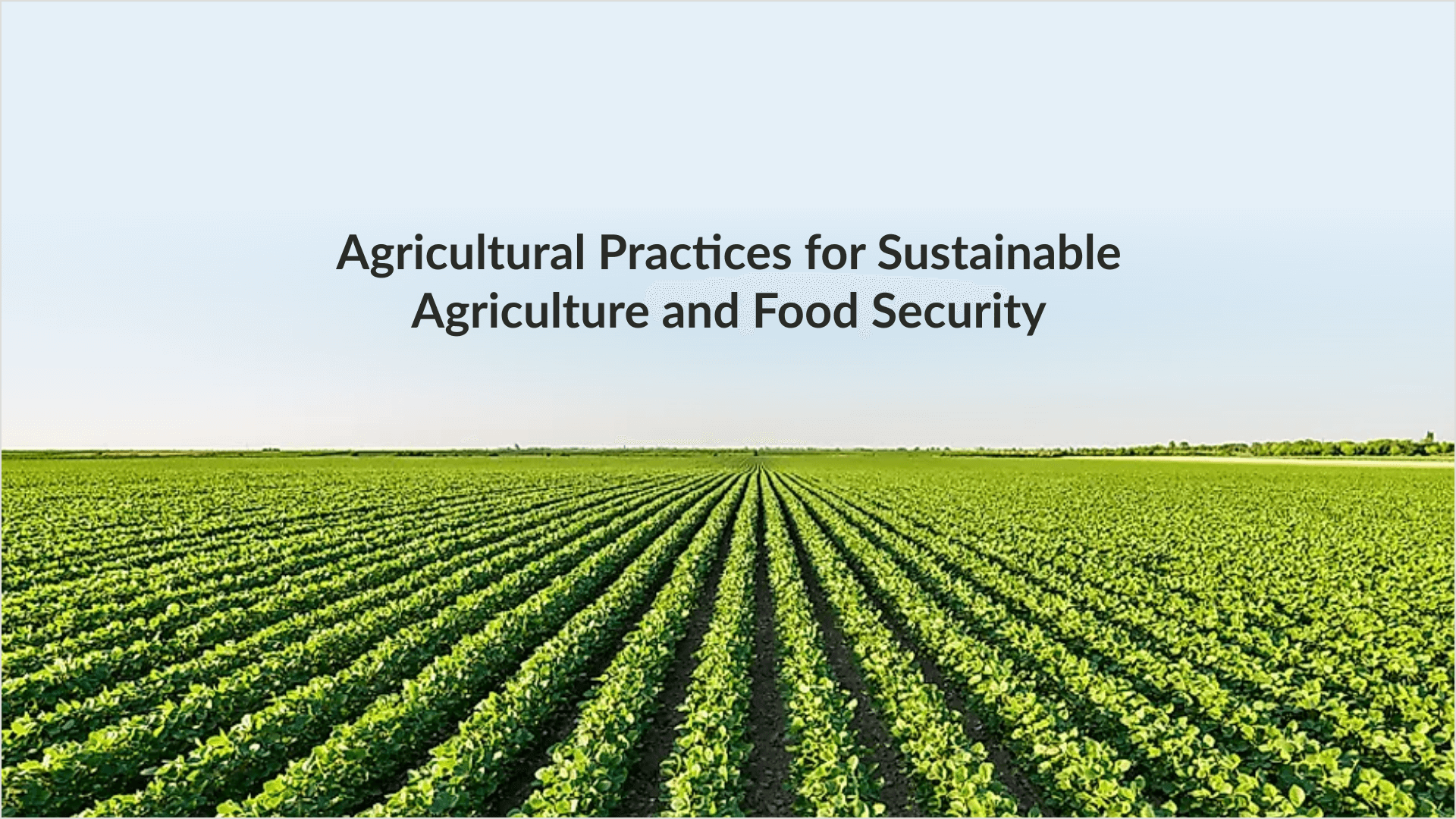Unlocking the Potential of Canada's Rural Farms: A Soft Power Boost Through Sustainable Export Solutions
Canada's rural farms have long been the backbone of the country's agricultural industry, producing a wide range of high-quality crops and livestock that are sought after by consumers around the world. However, with the rise of global competition and changing consumer preferences, Canadian farmers are facing increasing pressure to adapt and innovate in order to remain competitive. One area where Canada's rural farms can gain a competitive edge is through sustainable export solutions. By leveraging their unique strengths and resources, Canadian farmers can boost their soft power and contribute to a more sustainable food system.
The Significance of Rural Farms in Canada's Economy
Rural farms are a vital part of Canada's economy, generating billions of dollars in revenue each year through the sale of agricultural products. According to Statistics Canada, the agricultural sector contributed $33.6 billion to Canada's GDP in 2020, accounting for approximately 3% of the country's total GDP. Rural farms also provide employment opportunities for thousands of Canadians, with agriculture and related industries accounting for over 340,000 jobs nationwide.
In addition to their economic importance, rural farms also play a critical role in shaping Canada's identity and culture. Many rural communities are deeply rooted in their agricultural heritage, with farming families and traditions passed down from generation to generation. By supporting and promoting Canadian rural farms, the country can promote its unique agricultural identity and contribute to a more sustainable food system.
The Benefits of Sustainable Export Solutions
Sustainable export solutions offer a range of benefits for Canadian rural farms, from improved profitability to increased environmental sustainability. Some of the key benefits of sustainable export solutions include:
• Improved market access: By adopting sustainable practices and producing high-quality products, Canadian farmers can gain access to new markets and customers who are increasingly seeking out environmentally friendly and socially responsible products.
• Increased revenue: Sustainable export solutions can help Canadian farmers to increase their revenue and profitability by selling their products at a premium price.
• Environmental benefits: Sustainable practices such as regenerative agriculture and organic farming can help to reduce the environmental impact of agriculture, from soil erosion and water pollution to greenhouse gas emissions and biodiversity loss.
• Job creation: Sustainable export solutions can help to create new job opportunities in the agricultural sector, from farming and processing to marketing and sales.
Canada's Unique Agricultural Advantages
Canada's rural farms have a number of unique advantages that make them well-suited to sustainable export solutions. Some of the key advantages of Canadian agriculture include:
• Climate: Canada's climate is well-suited to a wide range of agricultural products, from wheat and corn to soybeans and sugar beets.
• Land: Canada has an abundance of fertile land, with over 200 million hectares of arable land available for farming.
• Water: Canada has an extensive network of rivers, lakes, and aquifers that provide water for irrigation and other agricultural uses.
• Genetics: Canada is home to a large and diverse population of farm animals, with many breeds and varieties available for export.
Sustainable Export Solutions for Canadian Farmers
There are a number of sustainable export solutions that Canadian farmers can adopt to improve their profitability and environmental sustainability. Some of the key solutions include:
Regenerative Agriculture
Regenerative agriculture is a farming practice that focuses on building soil health, biodiversity, and ecosystem services. This approach can help to improve soil fertility, reduce erosion, and sequester carbon, while also producing high-quality crops and livestock.
Some of the benefits of regenerative agriculture include:
• Improved soil health: Regenerative agriculture can help to improve soil fertility and structure, reducing the need for synthetic fertilizers and pesticides.
• Increased biodiversity: Regenerative agriculture can help to promote biodiversity by creating habitat for a wide range of wildlife species.
• Enhanced ecosystem services: Regenerative agriculture can help to enhance ecosystem services such as pollination, pest control, and climate regulation.
Organic Farming
Organic farming is a farming practice that avoids the use of synthetic fertilizers, pesticides, and genetically modified organisms (GMOs). This approach can help to promote soil health, biodiversity, and ecosystem services, while also producing high-quality organic products.
Some of the benefits of organic farming include:
• Improved soil health: Organic farming can help to improve soil fertility and structure, reducing the need for synthetic fertilizers and pesticides.
• Increased biodiversity: Organic farming can help to promote biodiversity by creating habitat for a wide range of wildlife species.
• Enhanced ecosystem services: Organic farming can help to enhance ecosystem services such as pollination, pest control, and climate regulation.
Value-Added Products
Value-added products are agricultural products that have been processed or manufactured to enhance their quality, appearance, or nutritional value. This approach can help to increase the profitability and sustainability of Canadian rural farms, while also providing new revenue streams and job opportunities.
Some of the benefits of value-added products include:
• Increased revenue: Value-added products can help to increase the revenue and profitability of Canadian rural farms, through the sale of premium products.
• Job creation: Value-added products can help to create new job opportunities in the agricultural sector, from processing and manufacturing to marketing and sales.
• Improved sustainability: Value-added products can help to improve the sustainability of Canadian rural farms, by reducing waste and promoting the use of local and regional ingredients.
Conclusion
Canada's rural farms have a unique advantage in the global agricultural market, with a range of sustainable export solutions that can help to boost their soft power and contribute to a more sustainable food system. From regenerative agriculture and organic farming to value-added products, Canadian farmers have a range of options to improve their profitability and environmental sustainability. By adopting sustainable export solutions, Canadian rural farms can gain a competitive edge in the global market, while also promoting a more sustainable food system and contributing to a more prosperous future for Canadian farmers and rural communities.
Whenid Piddyie
Hisashi Real Pos
Katiana Kay Age
Article Recommendations
- Jelly Beansrome
- Competitiveeo Rank
- Eylon Levy Wife
- Is Justin Bieberead
- Drew Barrymore
- Linda Bazalaki
- Ava Baroni
- Whipitdev
- Leland Chapman
- Mapplestar



